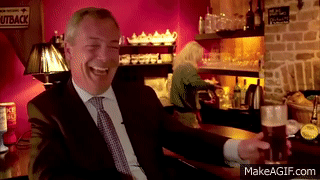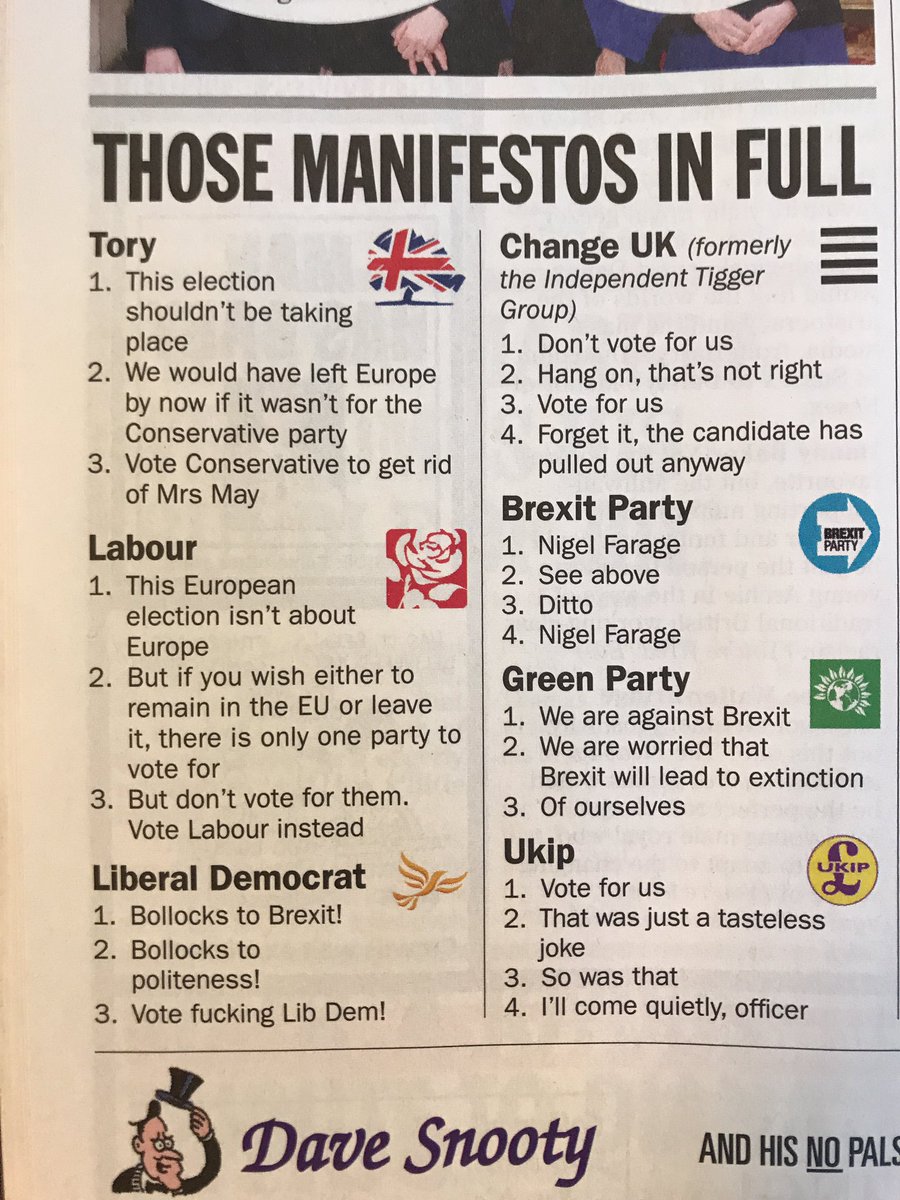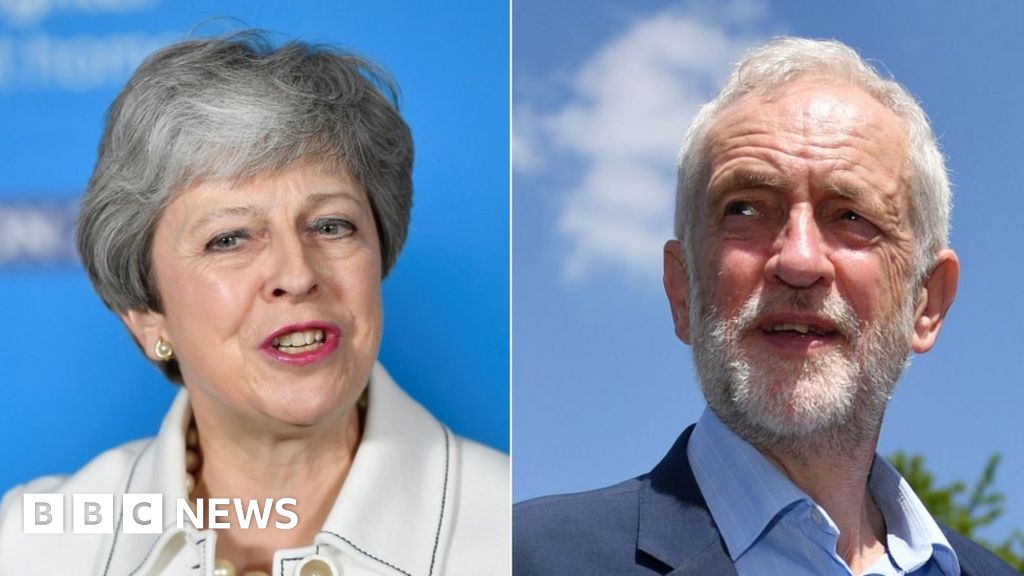The day of the
Scottish independence referendum of 2014, I was in
Hallglen, a large housing estate on the edge of Falkirk. As it turned out, the town would vote to remain in the UK by 54% to 46%, but where I was, droves of people were turning out to support the end of the union, and the creation of a new country.
I had spent time on the estate over the previous weeks, and observed a remarkable upsurge of both interest in politics, and optimism – not least at a Sunday evening public meeting at which hundreds had gathered to talk about how badly their area had fared since the Thatcher years, and how breaking from the rotten Westminster consensus might serve it better. Now, as people went in and out of the polling station, I fell into conversation with a thirtysomething man, who had a vision of what an independent
Scotland might mean for the rest of the UK. “If we start this, we could make a big, proper movement for the rest of the country,” he said. “And I think we should. The poverty in this country – us, and England, and everywhere else – shouldn’t be happening in 2014.”
What, I wondered, was his advice to people south of the border? “Stand up, and ask for a referendum themselves,” he said. “Change it all. Make a movement.”
Less than two years later, an approximation of the political event he seemed to have in mind
came to pass: a referendum resulting from peculiarly English tensions, decided chiefly by
15.2m English votes to leave, many of them cast by people with some of the same grievances as independence supporters in Scotland. But, England being England, what the arrival of Brexit symbolised was not the kind of doubling-down on basic social issues that I had witnessed during the independence campaign, but something much more contorted: in part an object lesson in how rightwing politicians benefit from the insecurity and inequality they create, and therefore a spectacular demonstration of the mad state of affairs that currently passes for English politics.











